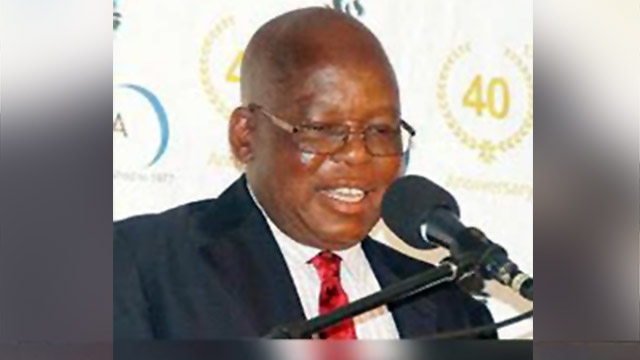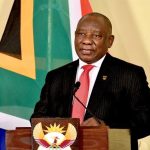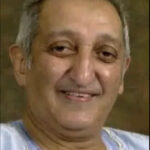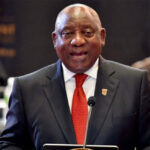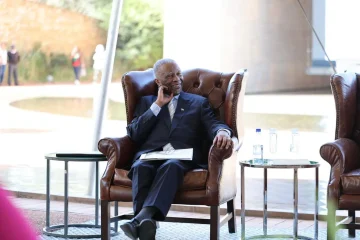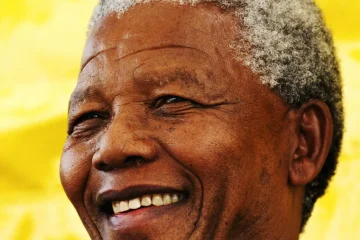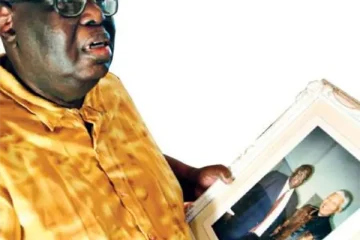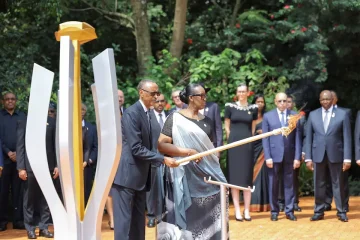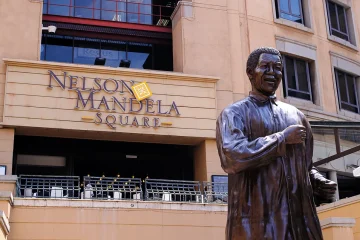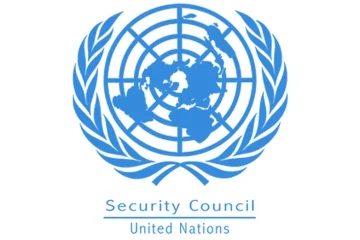MATHATHA TSEDU
RALPH Waldo Emerson, in his book “On Heroism”, wrote:
“When you have chosen your part, abide by it and do not weakly try to reconcile yourself to the world. The heroic cannot be the common nor the common heroic. Congratulate yourself if you have done something strange and extravagant, and broken the monotony of a decorous age”
The struggle against colonisation all over the world is always a fight for the reclamation of the colonised’s being, their dignity, way of life, their culture, their land and their wealth.
In many previously colonised nations, the coloniser packs his and her bags as the clock strikes midnight and the flag is lowered and a new one raised.
In such situations, such as in Tanzania, the possibility to rebuild exists and indeed Baba wa Taifa Mwalimu Nyerere did just that. Kiswahili became the only official language.
In our case in South Africa where colonialism took the form of a minority but dominant settler community that not only insisted on staying but which even ensured, when the flags changed colours, that not only the wealth and land remained in their hands.
They made sure that through their wealth, the coloniser’s languages remained the exclusive effective official languages despite the nominal status of the nine other African languages as also national official languages.
Many people bought into the hype of the 11 official languages, but not Post Moloto. As a language warrior who had chosen not just law as the terrain of struggle, but also what language and what norms influenced the law and dispensing of justice.
For indeed language is not mere grammar, it is the culture and ethics and definer of what justice in courts would look like. Common law would not mean Roman-Dutch law but the common of the area, of the people there and their understanding of what justice is like as handed down through generations.
Whilst many language activists worked in literature, Post became a one-man army in the courts of our land, arguing that he should be able to argue his cases in Sepedi and went ahead to do so.
There are many people who mouthed and continue to mouth anti-colonial slogans, some in the law profession, but very few, if any at all, stood side by side with Post as he fought the system that continued to denigrate African languages whilst pretending to give them official status.
Post was a practising pan-Africanist, who not only believed but knew that freedom was more than the ballot every five years. He knew that the ability to go to school and learn whatever subject in your mother tongue was the height of freedom. He knew too, that the inability to do so, was the prime indication of false freedom.
And so, he fought and fought, alone most of the time, but never tiring, for he knew that victory had to be attained in this sphere for freedom to mean anything. Post believed that for justice in an African country to be truly African, ditching wigs was not enough, justice had to feel, smell and most importantly, sound African.
He is gone now but the struggle continues, if only it can get soldiers with the determination of Post Moloto, warra.

